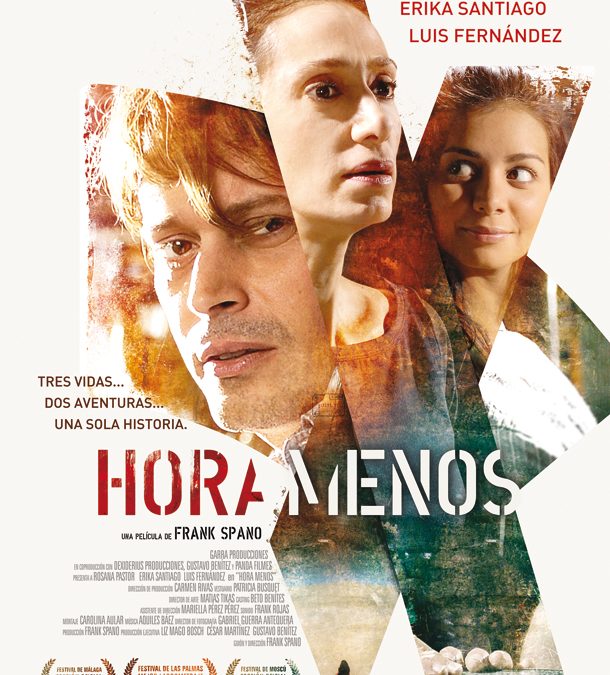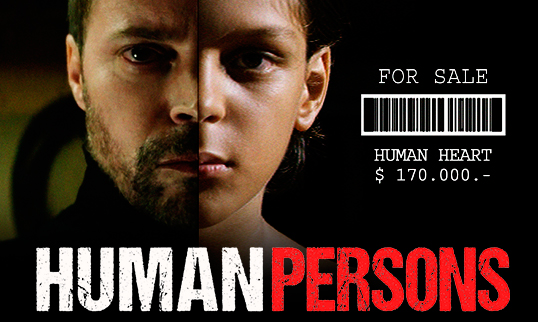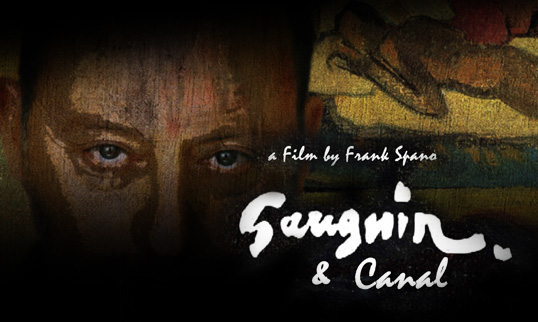
Hora menos LA TRAGEDIA, EL DOLOR Y LA SOLEDAD
noviembre 25, 2011
Panama Boasts Big Prod’n Boost
septiembre 23, 2013PANAMÁ IFF — HORA MENOS (HOUR LESS)
Hora menos / Hour Less, dir. Frank Spano (Spain / Venezuela, 2011) — In terms of camera style, Hour Less is 180° away from the calm compositions of Route of the Moon, and—though less a road movie in its usual sense—is every bit as much of a transformative journey. The film begins with archival helicopter footage of the 1999 mudslide that devastated La Guaira, considered one of the worst catastrophes in Venezuelan history. 15,000 victims succumbed to a torrent of muddy water, which is shown sweeping away houses and cars. It is every bit as horrific as the archival footage that begins The Tsunami and the Butterfly (2012) where the documentary evidence of disaster unites humanity in a shared, tragic experience. My heart literally leapt to my throat to see how quickly lives could be destroyed by water. And yet Hour Less seeks to suggest that the water that destroys families also creates them at the same time.
From its opening archival perspective, Spano and his cinematographer Gabriel Guerra shift to a frenetic hand-held approach to best approximate the emotional frenzy and psychic turmoil directly following the Vargas disaster. Isabel, a 49-year-old nurse (Rosana Pastor), hunts desperately among makeshift encampments littered with drowned corpses until she locates her dead husband. Yudeixi, a 16-year-old woman-child of the barrios (Erika de Santiago), has to have her dead baby wrested from her arms. The two women, having lost those they love, turn desperately if reluctantly to each other to survive, especially after being repatriated to Canarias, Spain, where an overtaxed bureaucracy abandons them to fare for themselves.
In effect, the camera’s POV becomes the audience’s, a third character who accompanies Isabel and Yudeixi in the journey they must take in order to come to terms with what they’ve lost and the new family they’re destined to create. Trouble trails after tragedy as they meet and fall under the manipulations of Alfredo (Alfredo L. Fernández) who seeks to involve them in his illegal immigration trade. This feminist narrative is all the more remarkable for having been written by Spano, who spent four years getting to know his two female characters. Embodied by his lead actresses, Isabel and Yudeixi emerge as two remarkable women brought into relationship despite their disparate backgrounds and classes. Through an intriguing, if sometimes confusing, flashback structure that reveals secret motivations, the narrative complicates and enrichens, as its central theme of families destroyed and created by water plays out.
The film’s title derives from Yudeixi’s gradual awareness of time zones and how Venezuela is time zones behind Canarias, and Canarias is an hour behind the rest of Spain. She becomes determined never to let her life be an hour behind, or an hour less, than anyone else’s anywhere in the world. It also comments upon one of Spano’s flashback sequences that takes the viewer back an hour before the disaster to indicate how Isabel and Yudeixi’s paths are destined to cross.
Hour Less is the opera prima of Panamanian / Venezuelan actor and director Frank Spano, and was twice awarded at Madrid Imagen in 2011. Spano deftly skirts the limitations of melodrama to elicit an emotionally authentic drama of survival. The film has important musical assets like the Venezuelan Aquiles Baez, guitar player and composer, and the Panamanian Roberto Blades, who sings the original track of the film. Spano admitted to me that he is especially proud of the soundtrack and mentioned that his father—a well-known musician in Tito Puente’s band—offered him music to use in his film, which he only later discovered was a tune his father had written to court his mother. A perfect fit for a movie about mothers who give birth to new lives. By film’s end Spano’s camera has calmed down and we, as witnesses, feel hope that Isabel and Yudeixi will find new lives tempered by the strength of love. IMDb. Facebook.
Tomado de: http://theeveningclass.blogspot.com.es/




